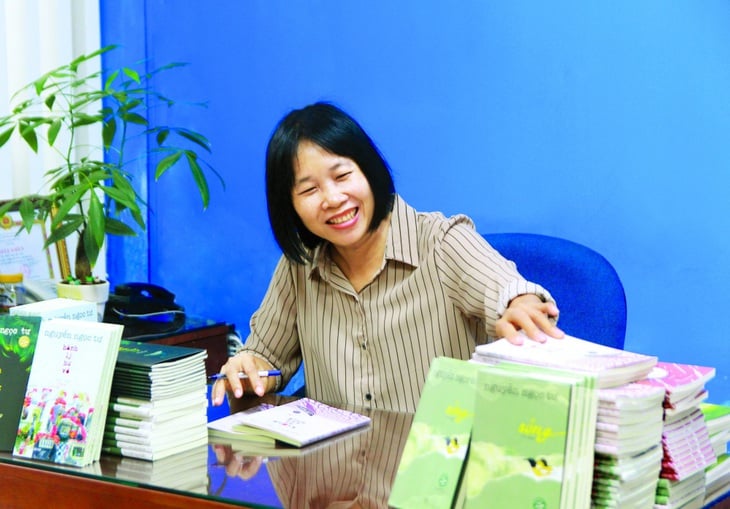
To this day, Nguyen Ngoc Tu is still remembered as a phenomenon in Vietnamese literature - Photo: TTO
In terms of data, it can be seen that the Vietnamese publishing industry is on the rise.
In 2024 alone, with nearly 600 million copies printed on more than 50,000 titles, the industry's total revenue will reach more than VND4,500 billion (up 10.3%), the highest growth in the past three years. However, the general feeling about books is not very optimistic.
Translated literature is both redundant and lacking.
In recent years, there have been some publishers who have made efforts to bring contemporary world literature to Vietnam. For example, the Irish writer Sally Rooney, born in 1991, has had a number of outstanding works published in Vietnam in recent years.
To do this, the units also try to limit risks by choosing works that have won prestigious literary awards such as Pulitzer, Goncourt, Booker... or in Asia there is the Akutagawa Prize to honor new authors.
However, each book title mostly maintains an average print run of 1,000 copies. Even famous works from abroad or those that have achieved international success are hard to become publishing phenomena in our country. Slow sales, sometimes lasting 4-5 years, are common, not to mention the promotional periods of 30-50% off the cover price, sometimes all at the same price.
Meanwhile, translating a work often takes a long time; publishers have to renew copyrights, increasing production costs, causing cover prices to rise, making readers consider longer before buying the book they want to buy in a time when all expenses are tight.
Publishing units are more hesitant in bringing valuable new books/world masterpieces that are not yet popular in Vietnam. Instead, they choose safe works, revolving around familiar authors or "best-selling" translated books to optimize costs and speed up the life cycle of a book.
These things lead to a poor situation, both surplus and shortage: there are works with too many translations, and good works are outside the domestic publishing market.
New work is lost
World masterpieces are also miserable, let alone new works by domestic authors.
Over the years, our country has had no shortage of awards for books, including literary books, but there is currently a gap between the awards and the public.
There are many literary awards with the aim of discovering new authors, but looking back, many have been abandoned halfway. The longest running is probably the 20-Year-Old Literature Competition, which was suspended in 2022 after many years with the promise to restart in 2026.
New authors can only hope for the "green eye" of literary criticism in the press, a form that has now lost some of its weight. Without proper promotion, new works find it difficult to make an impression on readers.
Compared to before, publishing works is easier due to the rise of social media platforms but it is easy to fall into oblivion. As a result, each year, although the number of new works is not small, they are lost in a "forest" of prints of all genres.
Lack of "explosions"
To be fair, there are many books by new authors, but how many remain?
For a long time, Vietnamese literature has lacked "explosions" like Nguyen Huy Thiep, Nguyen Nhat Anh or Nguyen Ngoc Tu..., people who conquered readers on the artistic or popular level.
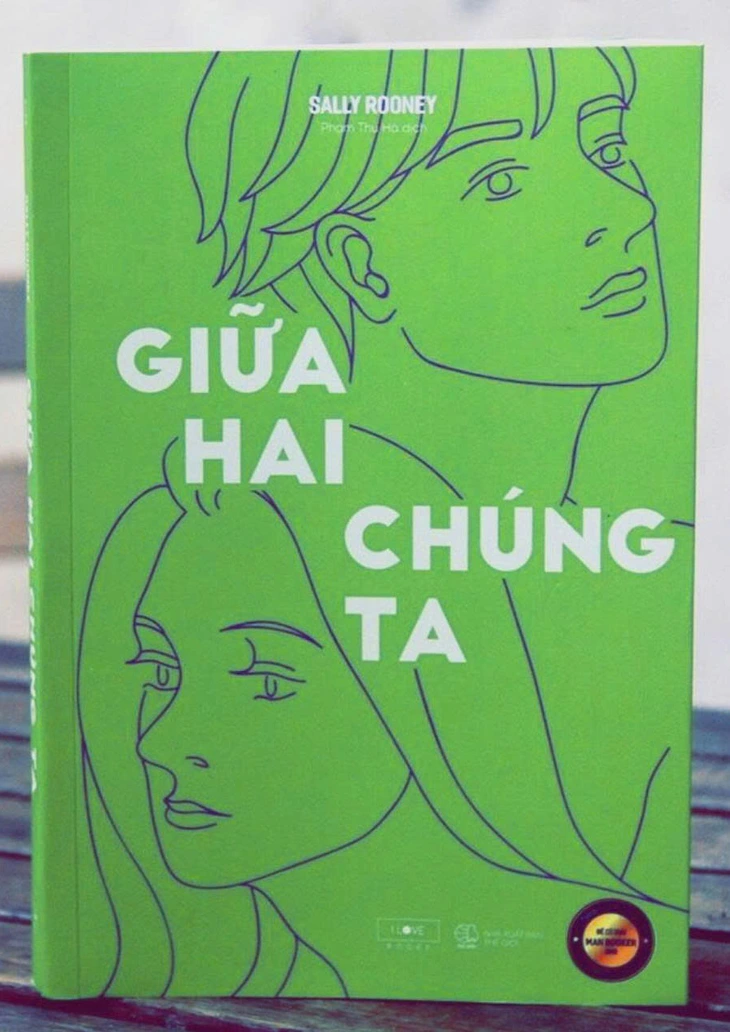
Sally Rooney's books printed in Vietnam are not too popular.
It was Nguyen Huy Thiep's short stories in the 1980s that awakened an "illustration literature" movement (words of writer Nguyen Minh Chau).
Or in 2005, Nguyen Ngoc Tu's Endless Field created an unprecedented phenomenon at that time: reprinted four times with a total of 25,000 copies printed, the highest number of editions for a Vietnamese literary book that year.
Another "explosion" is writer Nguyen Nhat Anh. At an exchange event in May in Ho Chi Minh City, Ms. Quach Thu Nguyet - former director and editor-in-chief of Tre Publishing House - said that when I am Beto and Give me a ticket to childhood were released, they both had a huge circulation, with each reprint reaching tens of thousands of copies.
Or the book Blue Eyes, Tre Publishing House informed Tuoi Tre that since its first release in 1990, it has been reprinted more than 60 times with more than 100,000 copies.
"For a long time, we often say we are the 'midwives' of book authors, but in fact, thanks to writers like Nguyen Nhat Anh, we are also loved by readers," said Ms. Quach Thu Nguyet.
Expanding, the above sharing is not limited to Nguyen Nhat Anh but to any author who can create "waves". These are writers whose printed works are warmly received by readers, making the publishing units "affected" and creating the internal strength of that literature.
Translated literature is important but it is not everything. After all, we cannot wait for some contemporary author in the world to tell about our Vietnam.
Vietnamese readers are waiting for Vietnamese sentiments in a new Vietnamese reality to be friends and share in this vibrant and changing era.
Source: https://tuoitre.vn/van-hoc-dang-thieu-vang-nhung-nguyen-ngoc-tu-nguyen-nhat-anh-tao-cu-no-kich-thi-truong-20250708102453287.htm



![[Photo] National Assembly Chairman Tran Thanh Man receives First Vice Chairman of the Federation Council of the Federal Assembly of the Russian Federation](/_next/image?url=https%3A%2F%2Fvphoto.vietnam.vn%2Fthumb%2F1200x675%2Fvietnam%2Fresource%2FIMAGE%2F2025%2F12%2F02%2F1764648408509_ndo_br_bnd-8452-jpg.webp&w=3840&q=75)




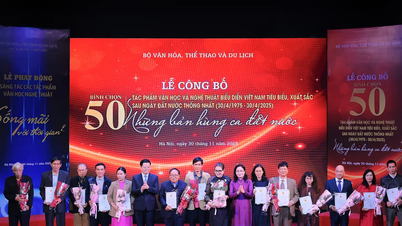



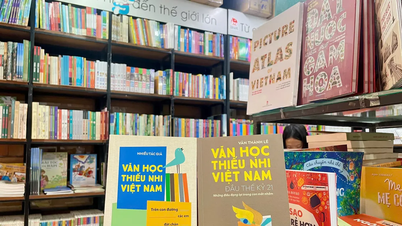


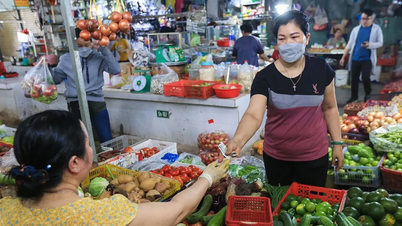





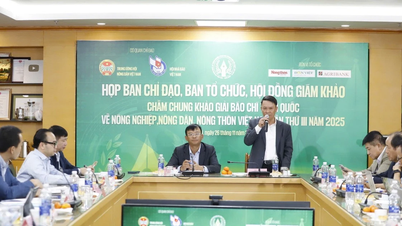







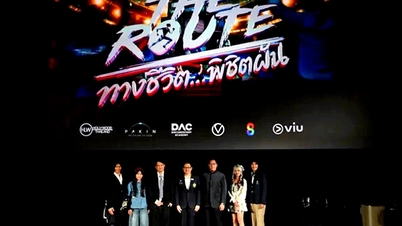


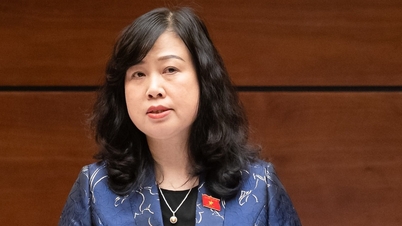











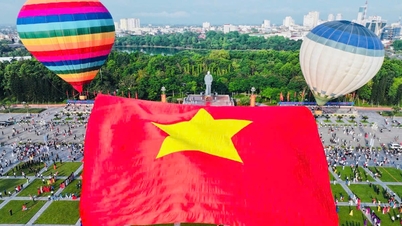

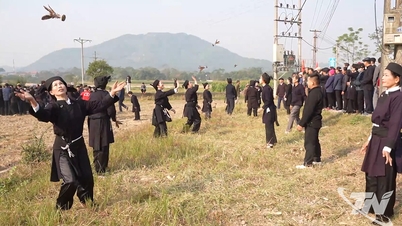




























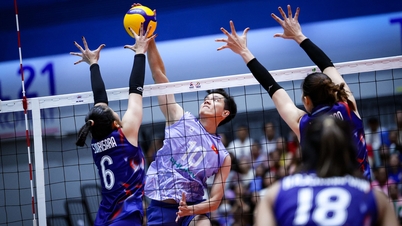

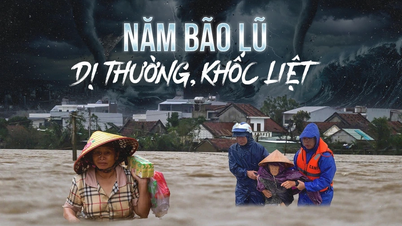
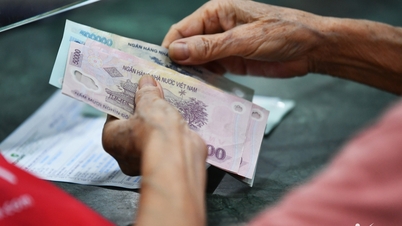
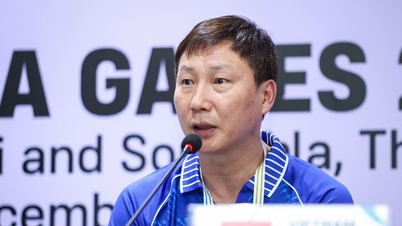


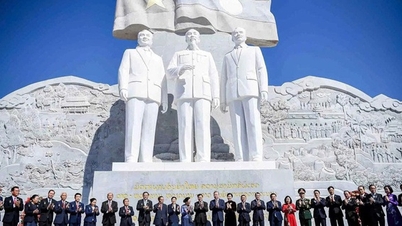

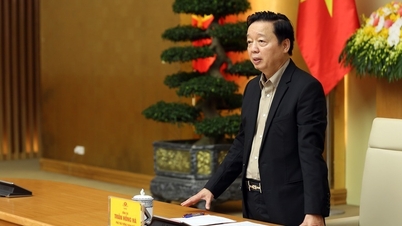

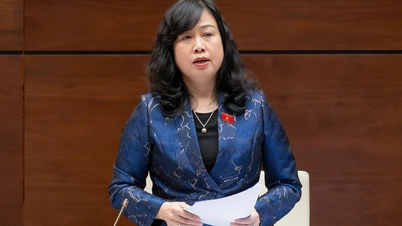
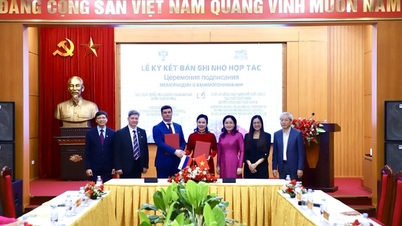






















Comment (0)